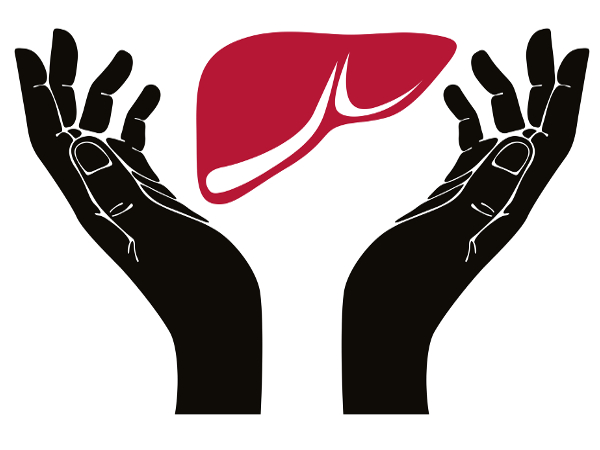If you have kidney disease and still want to take PQQ it is probably okay if you are prudent and you communicate this decision with your doctor. The amounts of pyrroloquinoline quinone and its derivatives in the diet are in the milligram range, if that. Most PQQ supplements that are currently sold range in amounts from 5-20 mg to be taken on a daily basis.
On the positive side – PQQ is an activator of the sirtuin family of proteins and other factors important to cell cycling and repair, which seem important to renal protection. For example, these factors when poorly activated may contribute to metabolic kidney disease, such as that this is associated with diabetic nephropathy.

In another study, rats were given doses of 0, 100, 200 and 400 mg/kg body weight per day by gavage (the administration of food through a tube into the stomach) for 13 weeks. However, in this case, NO toxicologically significant changes were observed based on what was described as “thorough pathological and toxicological examinations”. It is important to mention here that pyrroloquinoline quinone taken orally is subject to a broader range of metabolic modifications, than when injected directly.
Summary: PQQ supplements seem safe when taken orally (e.g. even at 10-20 mg doses daily) by those with normal kidney function. In animal models with kidney disease, PQQ seems to provide some protection for metabolic-related kidney disease. However, there are no human studies that address this point nor studies that speak to kidney diseases of more genetic-based origins, such as polycystic renal disease. To be prudent, as you would be with any substance taken in substantial quantities when there is also qualifiers, such as evidence of renal or liver disease, please consult your physician before making dietary changes.
